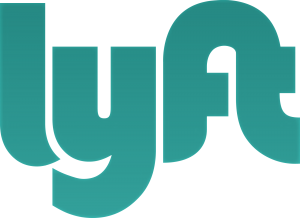 Just hours prior to beginning operation in Queens and Brooklyn on Friday, a company specializing in car-hailing that relies on drivers using their own vehicles to transport passengers, announced it was going to delay its debut in New York, capping a day full of legal fights with state and city officials.
Just hours prior to beginning operation in Queens and Brooklyn on Friday, a company specializing in car-hailing that relies on drivers using their own vehicles to transport passengers, announced it was going to delay its debut in New York, capping a day full of legal fights with state and city officials.
The company, Lyft in a prepared statement said it was postponing its debut until which time it could satisfy the Taxi and Limousine Commission of New York’s regulations.
Lyft said it was planning to meet with employees at the commission on Monday to set up a new version of Lyft that will be fully licensed by the TLC.
The TLC said it was glad that Lyft would be working together with the commission.
Lyft said it delayed its debut in the Big Apple after a hearing in front of a Supreme Court Justice of the State of New York who was taking into consideration two requests, one each from the state and the city for a restraining order to prevent Lyft from opening its business.
Without addressing the merits of the arguments by the government explicitly, the justice did verbally order Lyft not to start its business Friday. The parties return on Monday to court.
In one of the filings from the attorney general of New York’s office, argued that even though Lyft is portraying itself as an innovative technology business in the 21st century, it is using an app on a smartphone to run a for hire livery service from the 20th century, arranging rides on routes that are non-fixed and being compensated.
The TLC earlier this week, declared that Lyft was unauthorized and warned drivers who register with Lyft would be at risk of surrendering their vehicles, as well as subject to hefty fines of as much as $2,000 for unlicensed activity.
In addition, background checks had not been completed on drivers for criminal behavior, drug use or incidents that were traffic related.
